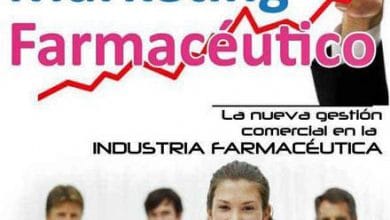
Among the first acts of the newly installed European Commission, the placing of the European Medicines Agency under the control of the Directorate of Industry. A move that "favors the economy but risks damaging patients", warns the Mario Negri Institute
EDITORIAL ⎪ THURSDAY 2 OCTOBER 2014, HD Healthcare
The news comes from insiders: the new European Commission, which has just taken office under the leadership of the Luxembourger Jean Claude Junker, reorganized the various European agencies among its first acts. In the midst of the restructuring, the agency responsible for the approval and control of medicines in Europe also ended up, the EMA which, from the directorate of Health and Consumers passed to that of Industry.
An apparently trivial fact that wouldn't deserve a line if someone hadn't tried to turn on the lights on what such a choice can mean. This was done by the scientific director of the Mario Negri Institute Silvio Garattini and the pharmacologist of the Vittorio Bertelè institute who in a editorial on the Mario Negri website describe the "inconvenience" caused by the choice. First of all, because the passage of the EMA under the jurisdiction of the industry is a return: "under this jurisdiction since its inception in the mid-nineties", write the two pharmacologists. «It had taken more than fifteen years to convince the Commission of the political inappropriateness of that location: medicines – argued several voices within the scientific community and patient associations – cannot be assimilated to any other consumer good. By leaving the EMA under Industry, the Commission gave the impression of favoring the commercial interest over that of patients and public health ».
Everything seems to change under the Barroso presidency, the Commission had moved Ema from the Directorate of Industry to that of Health and Consumers. «Not that things have changed much since then, on the contrary», point out Garattini and Bertelè. «The EMA continues to approve drugs that often have little documentation of efficacy. Many drugs are still approved today for a clinical benefit only supposed on the basis of surrogate evidence, assuming, for example, that reducing blood sugar or blood pressure undoubtedly avoids a heart attack or stroke and reducing tumor mass actually prolongs life. existence of patients or at least improve their quality», they continue. «In addition to leaving the clinical efficacy of drugs presumed, their innovativeness is advertised without proving it. New drugs are most often approved on the basis of their comparison with placebo or their non-inferiority to already available drugs for the same clinical indication. Everything contributes to producing copies of what already exists, without any possibility for doctors and public health operators to make rational choices based on the clinical value of a drug and its cost/benefit ratio compared to the others available. In this way, even for drugs as for all consumer products, generalized approval offers commercial pressure the opportunity to promote a product regardless of its actual value», they conclude in their criticism of the agency.
Now, "the exhumation of the political position of the EMA under Industry", which "certainly will not facilitate the long-awaited reconversion of the European agency to a role truly inspired by the primary interest of patients and public health".





